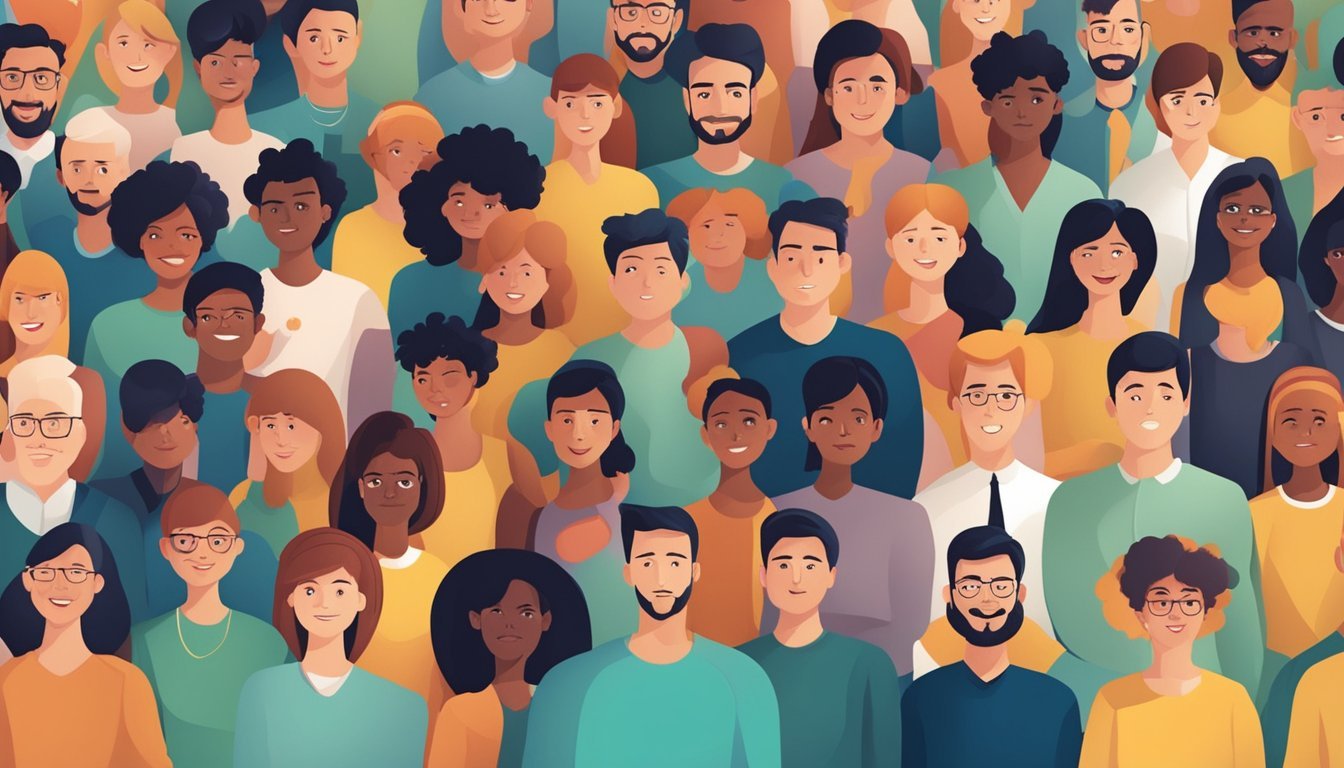A new study has discovered that people who are better at recognizing faces tend to have more meaningful and supportive relationships. This finding is significant as it suggests that cognitive abilities, such as face recognition, play a crucial role in forming deep social bonds.
The researchers found no substantial correlation between face recognition abilities and the sheer number of social contacts or the level of enjoyment in social interactions. Instead, the ability to recognize and remember faces was more strongly associated with the quality of social ties.
Methodology and Participant Details
The study involved a diverse group of participants across four separate studies. In Study 1, 95 participants aged between 18 and 33 years were recruited from the University of Western Australia community. The final sample consisted of 93 participants (32 males, average age 20.4 years). Study 2 included 101 participants (47 males, average age 21.08 years) from the same community.
The researchers employed several well-regarded tools to measure face recognition abilities, such as the Cambridge Face Memory Test (CFMT) and a famous faces recognition test. They also used the Norbeck Social Support Questionnaire (NSSQ) to assess the quality of social relationships and the Social Network Index (SNI) to measure the sheer size of participants’ social networks.
Key Findings
The results of the study were revealing. In Study 1, the researchers found moderate and significant positive correlations between both unfamiliar and familiar face recognition abilities and the number of high-quality relationships in one’s social network. Specifically, participants who scored higher on face recognition tests reported having more emotionally close and supportive relationships. However, there was no significant correlation between face recognition abilities and the sheer size of social networks.
Study 2 replicated these findings, reinforcing the idea that face recognition skills are crucial for maintaining high-quality social ties. Participants with better face recognition abilities were more likely to have strong, supportive social relationships, regardless of the number of their social contacts or their level of extraversion.
The research also included larger datasets in subsequent studies to ensure robustness. Study 4, for example, involved 2028 participants sourced via an online platform, TestMyBrain.org. This study further confirmed that face recognition ability is linked to the quality of social connections, but not necessarily to the number of social contacts or the level of extraversion.
Implications and Future Directions
The findings from this research have significant implications for understanding social interactions and relationships. They suggest that cognitive abilities like face recognition are more critical in forming and maintaining meaningful social bonds than previously thought. This insight could lead to new approaches in social support interventions, particularly for individuals with face recognition difficulties, such as those with prosopagnosia (face blindness).
Moreover, these findings challenge the traditional view that social extroversion is the primary driver of rich social lives. Instead, they highlight the importance of cognitive skills in building and sustaining meaningful relationships. Future research could explore other cognitive abilities that may influence social interactions and relationships.
Study Details
- Title: Behavioral and Neural Correlates of Social Network Size: The Unique and Common Contributions of Face Recognition and Extraversion
- Journal: Cognition
- Authors: Laura M. Engfors, Jeremy Wilmer, Romina Palermo, Gilles E. Gignac, Laura T. Germine, Linda Jeffery
- Publication Date: June 21, 2024
- DOI: 10.1016/j.cognition.2024.105816

